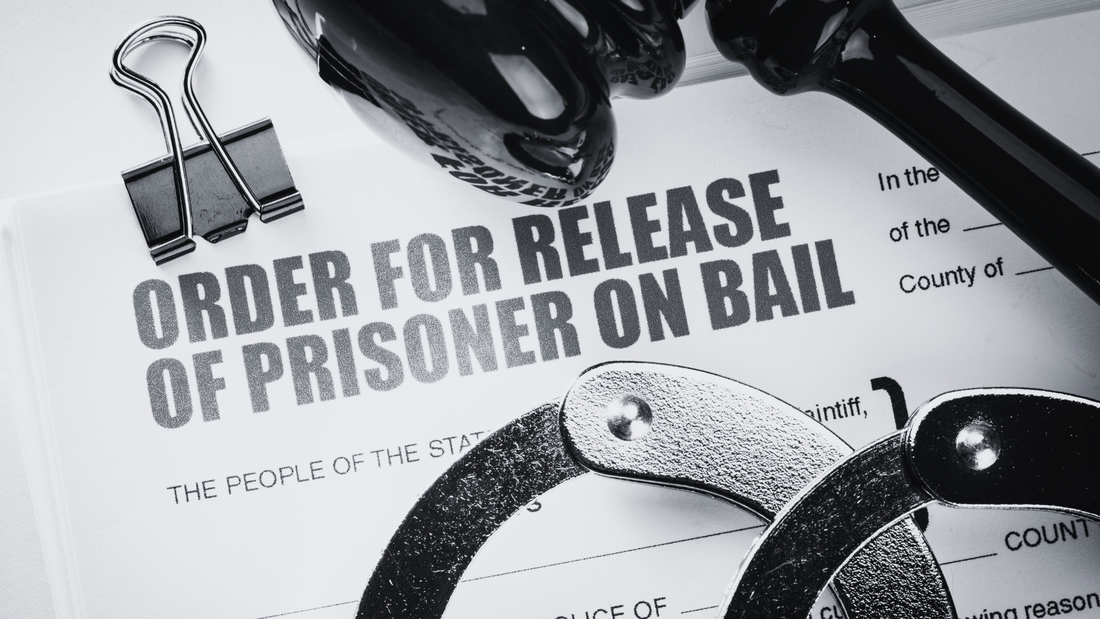|
There is nothing easy about Rep. George Santos. His pending legal cases throw into relief two very different takes on the First Amendment – the public’s right to know against legitimate reasons to bestow anonymity.
Congressman George Santos was recently arraigned in a New York court to face a 13-count criminal indictment. Federal prosecutors claim that Rep. Santos stole campaign funds, unlawfully obtained pandemic unemployment payouts, and provided false information to Congress on financial documents. However, the court allowed Rep. Santos to be released on a $500,000 bond cosigned by three anonymous suretors, a decision that has been criticized as highly unusual. Now, The New York Times has filed a motion asking the court to release the unredacted versions of judicial records identifying those who guaranteed Rep. Santos’ bail. The Times argues that “federal common law and First Amendment endow the public with a presumptive right of access to judicial proceedings and records, including to bond proceedings.” The Times’ motion states: “The public interest in openness is particularly strong in this case. The surety records relate to three individuals who have committed large sums of money to ensure that Rep. Santos can remain at liberty, pending further proceedings. This presents an obvious opportunity for political influence, given Rep. Santos's elected position and his dependence on these suretors. That risk is further heightened by the fact that the very crimes Rep. Santos has been charged with involve abusing the political process for personal gain.” The Times makes a valid point. When a congressman is charged with crimes relating to political corruption, shrouding those who bailed him out could obscure telling facts about this case. But Protect The 1st sees a larger interest to protect, one that cuts to the heart of the protection of speech. Since the landmark Supreme Court ruling in 1958, NAACP v. Alabama, the anonymity of donors has been recognized as critical to the protection of speech and the flourishing of the First Amendment. For that reason, we joined with groups ranging from NAACP to ACLU to advise courts to strike down a California law that would have forced non-profits to disclose their donors. The dangers to NAACP donors in 1950s Alabama exist today in a new, modern form – the threat of doxing, the invasions of one’s home and workplace, and punishment ranging from cancelation to violence. If there is some sinister nexus at play, which The New York Times seems to suspect, those facts will likely come out in court. In the meantime, the public’s larger interests may be better served by sticking with the rules as they are. Comments are closed.
|
Archives
June 2024
Categories
All
|
ABOUT |
ISSUES |
TAKE ACTION |



 RSS Feed
RSS Feed